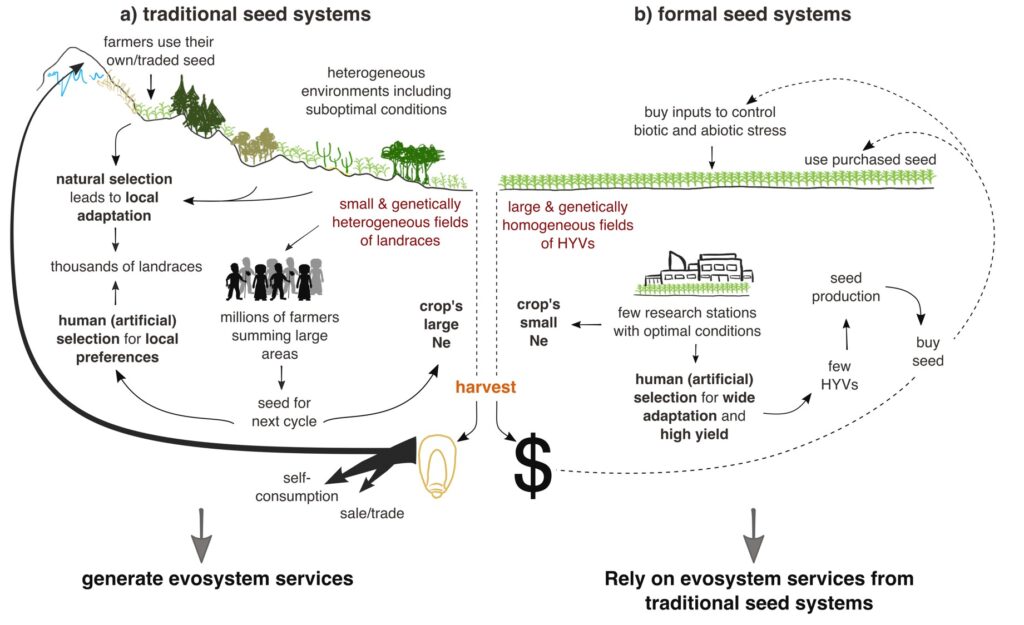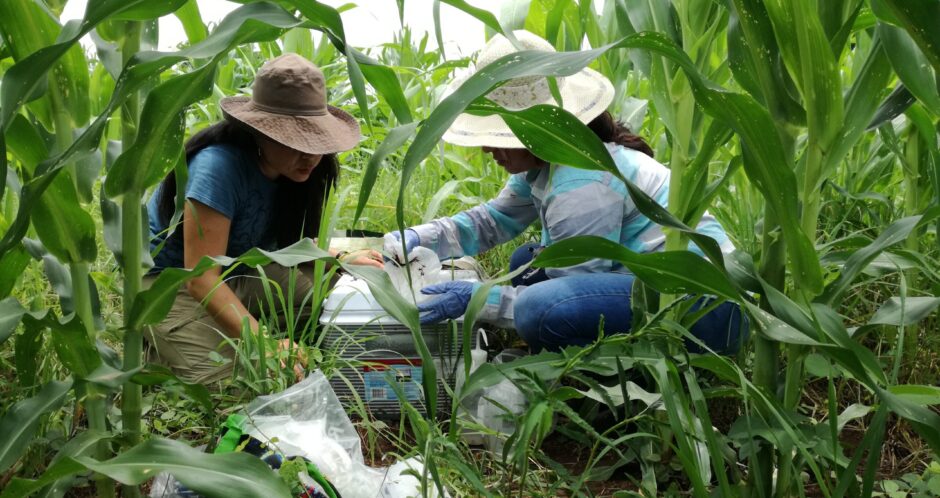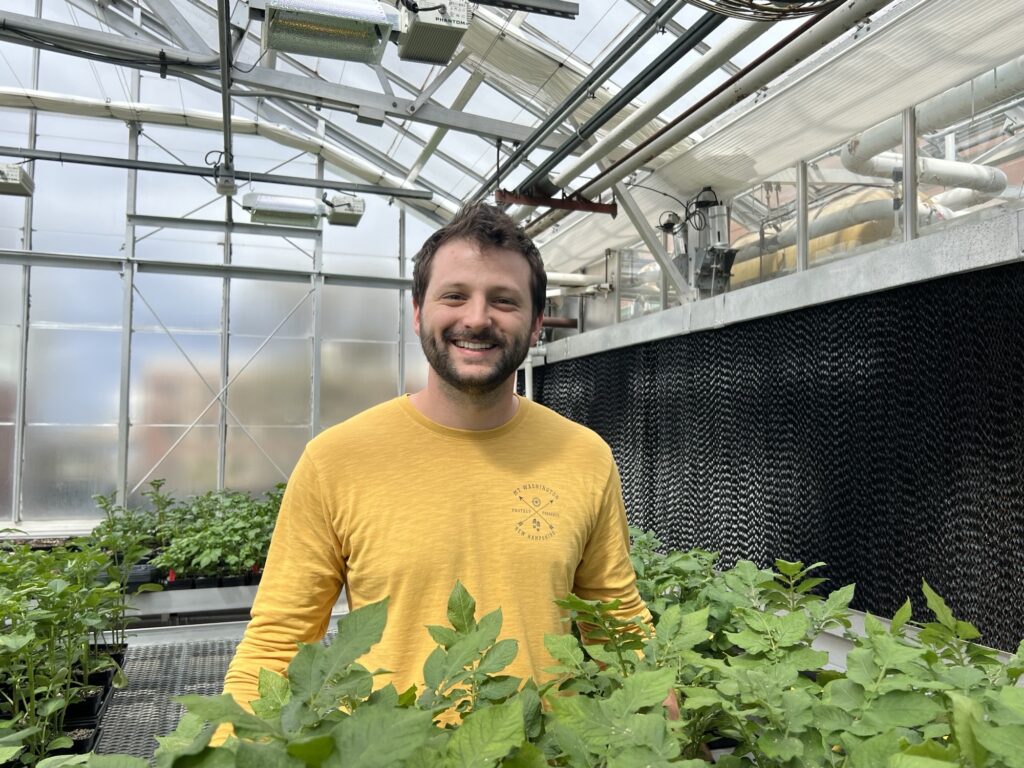We are happy to see that our new article is published in Plants, People, Planet. This perspective is the product of an international team of natural and social scientists. We are happy to contribute a new interdisciplinary perspective on the importance of smallholder farmers in managing the evolution of crop plants for sustainability. https://nph.onlinelibrary.wiley.com/doi/full/10.1002/ppp3.10521


